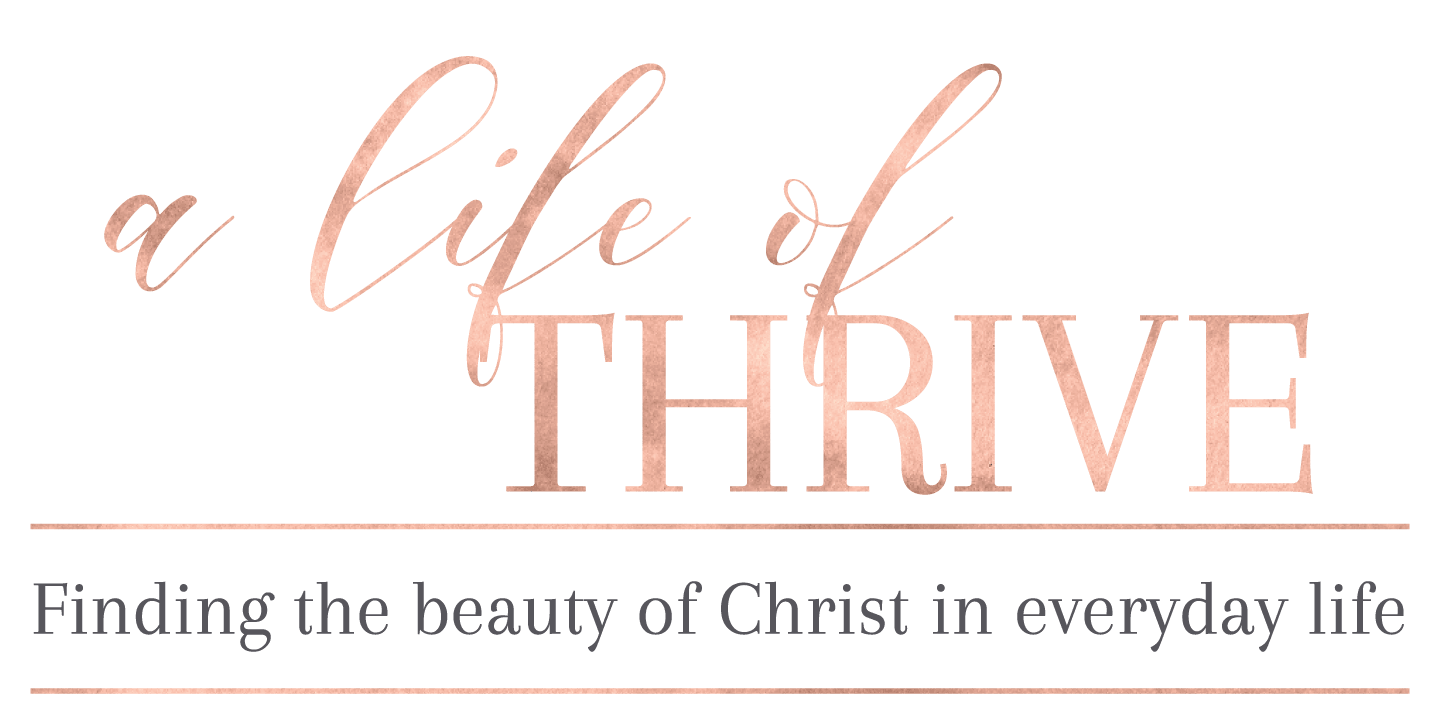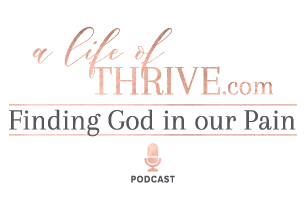 “Whoever conceals their sins does not prosper, but the one who confesses and renounces them finds mercy.”—Proverbs 28:13 (NIV)
“Whoever conceals their sins does not prosper, but the one who confesses and renounces them finds mercy.”—Proverbs 28:13 (NIV)
I love when the Word of God reveals a new perspective or another way to experience Him. Without fail, a revelation always brings refreshing and floods us with a new level of freedom.
We have so much more control over the outcome of our lives than we think. Now don’t get ahead of me or veer off in the wrong direction. I’m not saying we can control anything. As I’ve shared before, my experience has consistently revealed that control is simply an illusion. God, on the other hand, is completely in control.
I used to tell my sons they were in control of their consequences. Good or bad, they make the choice that pre-determines the counter response. The standard in my home was based on their safety and morality. They knew what we expected, and they were free to choose to abide by the code or not. They came to understand that their choice would also make them responsible for the outcome. In short, their choice was really choosing the good or bad consequence.
We started allowing our boys to make choices when they were young. Of course, we were the ones who offered the options. Which pair of socks or shoes do you want to wear? Which vegetable do you want for dinner? We strived for success in every choice. As they grew, the options naturally changed. Should I get home by curfew? Who do I date? Should I drink and if so, how much will I drink?
I won’t even fake trying to say that they (or I) will never make another bad choice. The fact is we have. We do. But we try our very best to take responsibility for our choices by making amends/corrections, offering an apology, etc.
The power of taking responsibility cannot be underestimated. To blame others is to give someone else power. Power over you.
Yes, you can make someone else your scapegoat. Yes, you can stay off the radar if you put the heat elsewhere. While these are options, they only make you a victim.
To take responsibility is to take control of the situation. It puts you in the driver’s seat on how to positively impact the outcome. While it takes a mature person to right a wrong, doing so establishes your trustworthiness. To shoulder the burden is to show you are reliable. There is no guarantee that taking responsibility will erase the consequences, but it can ease the pain or begin the process of healing.
Sometimes the full weight of a mistake is a heavy burden to bear, but—let’s be fair—it’s not as if no one has ever made a mistake or a bad decision. So, why is it so difficult to take responsibility?
In my personal experience, it can be embarrassing, and/or painful to admit responsibility. The moment we admit responsibility is the immediate moment a target is defined and, therefore, blame has somewhere to go.
This is where the new revelation came to me. My pastor said something along the lines of, “Your identity on FB/Instagram, or what your mom calls you, or the fact your boss keeps overlooking you, your bankruptcy, your drug addiction, infidelity … fill in your blank … is not really the temptation. Your greatest temptation is over your identity.”
If we don’t know who we are and how to respond to the ever-changing culture, standards, and norms, Satan will destroy us. Not taking responsibility for our actions is only one thing he’ll use to isolate us and to silence us.
The enemy is constantly on the attack by creating opportunities for us to be offended with each other. He hits the tender spots of our negative self-talk. His schemes fill our vision with FB and Instagram pics/stories that cause us to question our happiness. What he wants us to believe is that we are defined by what we see, feel, and think. He’ll stop at nothing to separate us from relationship, especially relationship with God.
We take responsibility because we don’t want to be a victim. When I say victim, I’m not only talking about how we set ourselves up to be the victim by blaming others. I’m also talking about our biggest adversary. Not only does our lack of responsibility give people control over us, it gives Satan control, too. When we stand up and say, “I’m sorry” or “I’m responsible,” it immediately dissolves any attempts at being blackmailed. It’s like getting your truth of the story on the news before the tabloids have a chance to air their half-truth, drama-filled version.
It’s saying, “God, I’m sorry” rather than giving Satan the opportunity to shame and guilt us into keeping our mouths shut. When we avoid taking responsibility, keeping our mouths closed, Satan will add our avoidance to his arsenal against us. He will relentlessly remind us of our failure and heap more guilt and shame upon our hearts.
But when we say, “I’m sorry,” we’re submitting to restoration—and not only for the situation in which we take responsibility. We’re not alone in shouldering that burden. “I’m sorry” gives us the opportunity to take our pain and embarrassment to God. Doing so provides us with strategies and responses that bring healing into our circumstances.
With Christ, our failures do not define us. That’s not who we are in the eyes of our Creator. He is the One who has established who we are, and He is the One who redeems us from the pit.
His love for us is unmatched by anything in existence. He doesn’t condemn us. Instead, He calls us into who He says we are. He guides us into who He created us to be. His Fatherly love for us always restores, redeems and resets.
NOW LIVE LOVED and THRIVE!
Self-Reflection
Self-reflection
These questions are in no way a substitute for healthcare professionals or any level of professional counseling. I’m an advocate for taking care of oneself mentally, physically, emotionally, and spiritually. These questions reflect my heart, NOT my profession.
This questionnaire is an opportunity to journal your thoughts and feelings. It can serve as a launching pad on which to evaluate your heart condition as you understand it. My hope is that you will take the truths you discover about yourself and hold them up to the Light to evaluate them against who God says you are.
With the specific scenario of making decisions that lead to taking responsibility, answer these questions:
- What is the toughest thing about taking responsibility for your actions and decisions?
- How do you feel about taking responsibility for your less-than-stellar moments?
- Have you ever avoided taking responsibility? Do you remember how you analyzed the beginning of the choice that was made?
- What was the outcome in times you shouldered the burden for your actions?
- Were there any specific lessons, good and/or bad, you learned about decisions you were responsible for?
Talk to God about your answers. Give Him praise, ask Him questions and then listen for His gentle response.
Take Action
Use God’s word to take control over the traumas in your life. Whenever you feel terrorized by your thoughts take them captive by replacing them with the truth of God’s promises in His word.
Here is a scripture for you to print, cut and carry with you and/or post in places where you will see it often. Ground yourself in God’s truths not Satan’s attacks. Encourage your heart and mind every time you are reminded of His great love for YOU!
Here is what God’s word says about His unfailing, relentless, unending love for you:
Whoever conceals their sins does not prosper, but the one who confesses and renounces them finds mercy.—Proverbs 28:13 (NIV)
Read God’s word and say to yourself: God desires for me to be transparent with Him. When I am, He will give me mercy by restoring me and leading me into His ways and into who I am called to be in Him.







